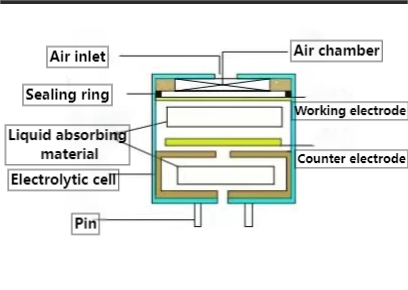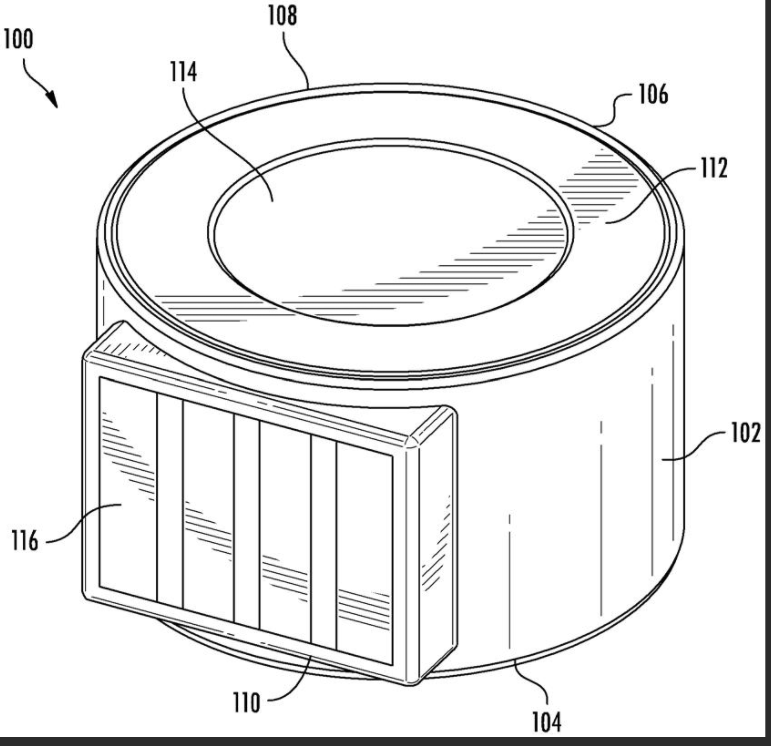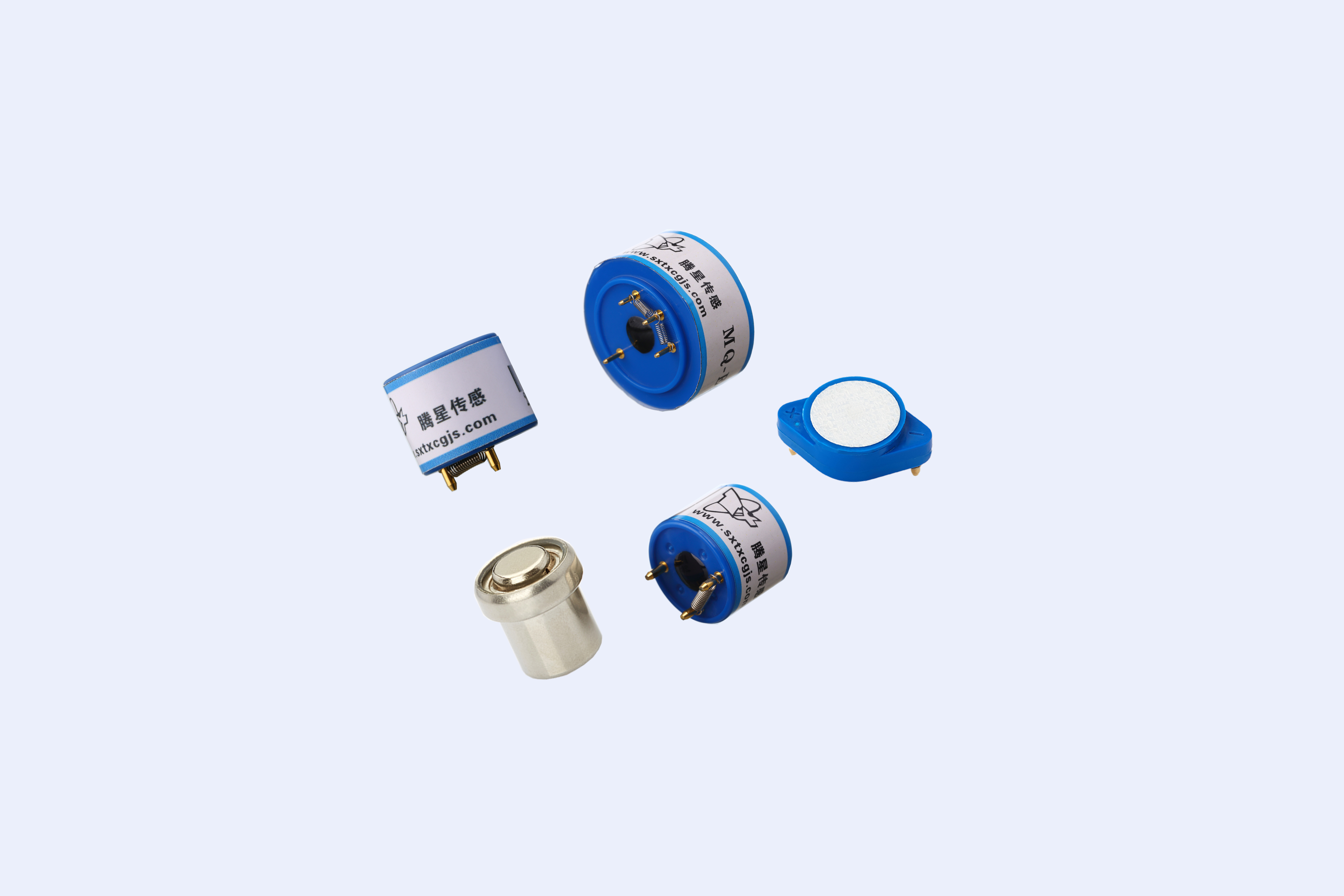

 News
News Industry News
Industry NewsWhy choose electrochemical gas sensors?
Electrochemical gas sensors are widely used in industrial safety, environmental monitoring, medical health and other fields due to their high sensitivity, fast response and low power consumption. As a professional gas sensor manufacturer, Tengxing Sensing Technology Co., Ltd. analyzes the core advantages and disadvantages of electrochemical sensors for you to help you make the best choice!

Electrochemical Gas Sensor Materials
Advantages of electrochemical gas sensors
High sensitivity
Can detect gas concentrations at the ppm level (parts per million) or even ppb level (parts per billion), suitable for monitoring trace toxic gases.
Fast response
T90 response time is usually less than 30 seconds, real-time monitoring of gas leaks to ensure safety.
Low power consumption
Suitable for portable devices (such as handheld detectors, wearable devices), battery-powered for long-term operation.
Good selectivity
Optimized design for specific gases (such as CO, H2S, O2, etc.), strong anti-cross interference ability.
High cost performance
Compared with infrared, laser and other sensors, electrochemical solutions are lower in cost and suitable for large-scale applications.

Electrochemical gas sensor component application method
Limitations of electrochemical gas sensors
Limited lifespan
The electrolyte will gradually consume, and the typical lifespan is 2~3 years (depending on the environment).
Affected by the environment
Extreme temperatures (such as below -20℃ or above 50℃), high humidity or corrosive environments may affect performance.
Requires regular calibration
It is recommended to calibrate every 3~6 months to maintain accuracy (Tengxing provides professional calibration services).
Not suitable for inert gases
For example, methane (CH4), propane, etc. require catalytic combustion or infrared sensors.

Typical application scenarios
Industrial safety: CO, H2S, O2 monitoring in petrochemical plants and mines.
Environmental monitoring: atmospheric pollution detection (SO2, NO2, etc.).
Medical equipment: oxygen and CO2 monitoring in ventilators and anesthesia machines.
Consumer electronics: household gas alarms, air quality detectors.
Tensensor's electrochemical sensor solutions, we provide a full range of electrochemical gas sensors, welcome to consult at any time:
Website: www.tensensor.com
Email: [email protected]
Tel/WhatsApp: +86 18335818384